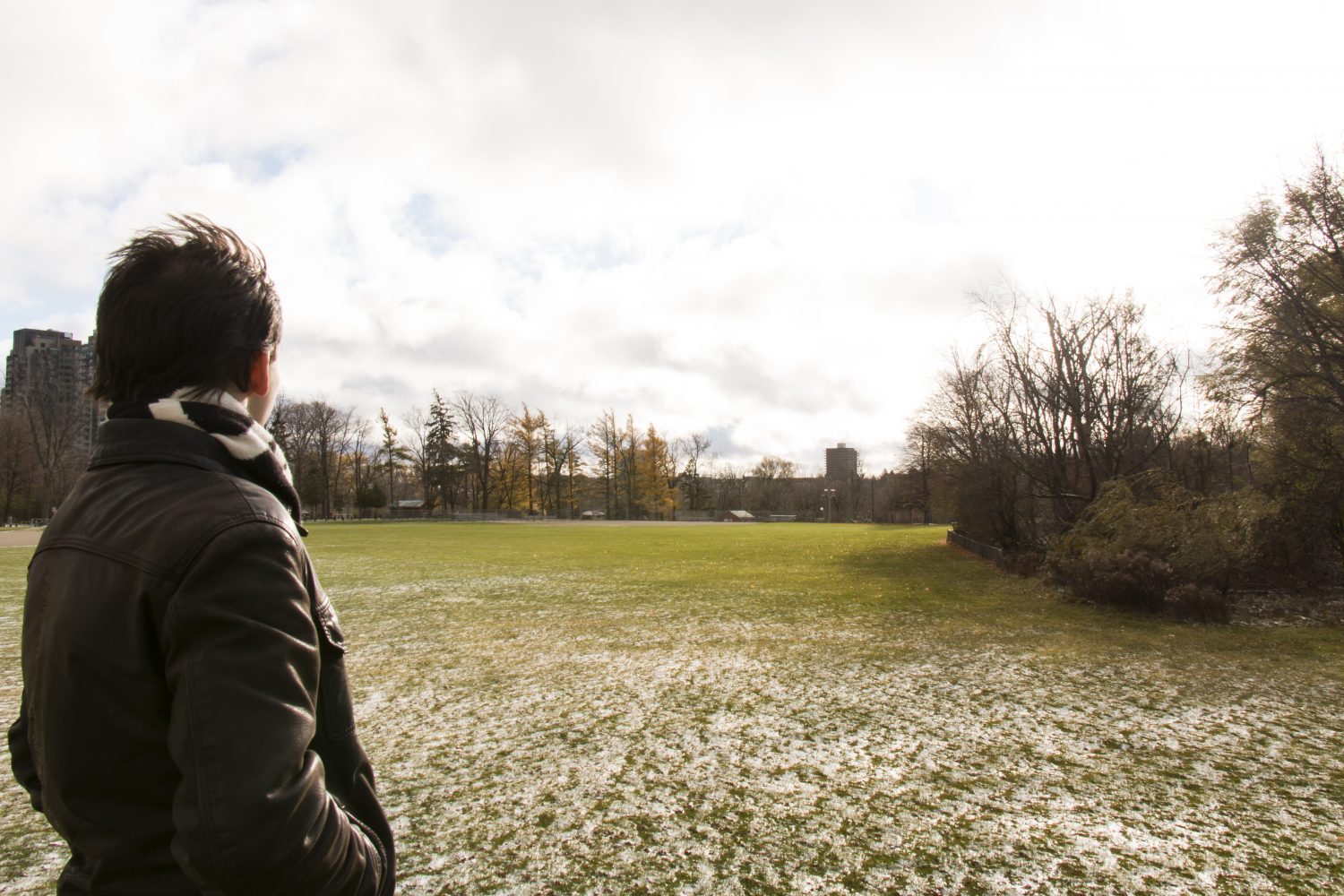The importance of connecting with nature in our busy lives


Many of us would agree that being outdoors is often a positive aspect of our day, even if it is in the dead of a Canadian winter. Do you enjoy the walk to school simply because of the changing leaves in the fall? Do you feel an unexplainable joy when you see a swan in Waterloo Park? That’s because the satisfaction of being outdoors and in nature is a legitimate sensation.
Human beings are hard-wired for nature. Don’t take my word for it; you need only to look to Richard Louv and Jon Young, leading experts and advocates in the field of nature connection.
Nature connection is essentially the idea that human beings, as mammals, are one part of an interconnected natural world. Humans inherently crave nature.
Advocates of nature connection often point to the transformative effects that outdoor learning can have on children. They argue that children suffering from learning disorders and other conditions, such as ADHD, are more efficient learners when their classroom is outside. Being outdoors encourages hands-on learning, an essential factor that supports healthy brain development. There are even cases of doctors “prescribing” nature to young children. But what does a connection to nature mean for university students?
The greatest downfall of the developing movement for nature connection is that we associate it almost solely with childhood education. Advocates remain focused on challenging traditional primary school learning environments. Forest schools have developed as a result. But why should getting connected with nature be only for kids?
I would like to make it very clear that extending nature to children begins by extending it to adults and young people — like us. It is the leaders of today who first need to bring nature back into our daily routines. The fact of the matter is that if we don’t ensure today’s adults are connecting with nature, children will not magically connect on their own. Some would argue that natural environments simply do not exist in the capacity that they used to, as the rise of urban environments inevitably led to its destruction.
Let us remember that nature can be defined and experienced in many ways. Experiencing nature can be as simple as taking a walk down a road sidelined by trees. Nature can be found all over cities.
Just because we are students living in dorm rooms and high-rise apartments does not mean that we should think of ourselves as isolated from nature.
Ask yourself: when was the last time you spent part of your day walking through Waterloo Park? Next time you go, take five minutes to sit under a tree. Make yourself conscious of the effects the natural surroundings have on you, physically. When you realize that you are making a connection with nature, remember how it made you feel and pursue this feeling again the next day and the day after that.
You don’t need to be a die-hard conservationist, environmentalist or naturalist to incorporate nature into your life. Take a few extra moments outside today and see how it makes you feel. It’s only natural, right?


